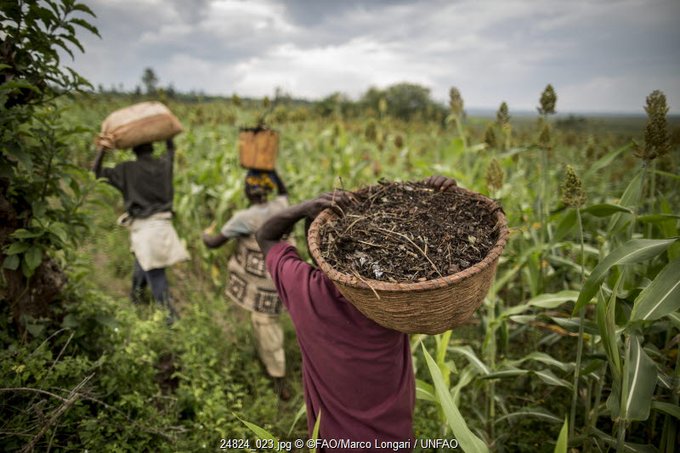|
Getting your Trinity Audio player ready...
|
Zimbabwe Coalition on Debt and Development (ZIMCODD)
As Zimbabwe marked its 44th Independence Day under the theme “Unity, Peace, and Development towards Vision 2030,” it is crucial to reflect on both the progress made and the persistent challenges facing our nation. Despite strides in various sectors, Zimbabwe continues to grapple with significant socio-economic issues that hinder its growth and development.
Zimbabwe has just declared a nationwide state of disaster due to drought caused by the El Nino climate pattern. An estimated $2 billion is required in aid to mitigate the effects of the drought and ‘ensure’ food security for affected populations. The poor rains have resulted in more than 2.7 million people facing food insecurity, with the current grain harvest projected to meet only half of the nation’s cereal needs. This situation underscores the urgent need for concerted efforts to alleviate poverty and address the humanitarian crisis caused by the El Niño-induced drought.
The scourge of unemployment, particularly among the youth, remains a pressing issue exacerbating poverty and economic inequality. Implementing targeted strategies to address high unemployment rates, including skills development programs and investment in job-creating sectors is crucial for promoting inclusive growth and reducing poverty.
The fluctuating value of the Zimbabwean Dollar currency or newly introduced Zimbabwe Gold (ZiG) has been a major source of economic uncertainty, affecting businesses and individuals alike. This contributes to a lack of public trust and market confidence in the local unit thus fueling currency substitution and depreciation.
Zimbabwe’s healthcare system continues to face numerous challenges. These include inadequate financing, corruption, higher spending on salaries than service delivery, and a lack of community participation in health matters.1
Access to basic services such as clean water, electricity, and education remains a challenge for many Zimbabweans, especially those in rural areas. Ensuring equitable access to essential services is crucial for promoting social inclusion and human development.
What should be done going forward?
To tackle the drought crisis and ensure food security, the government should implement water conservation measures, provide support for farmers to adopt climate-resilient practices, and strengthen early warning systems. Additionally, investing in rural infrastructure, promoting small-scale entrepreneurship, and enhancing social protection programs is crucial.
Transparent monetary policies and effective exchange rate management are crucial for restoring confidence in the financial system. There is a need to set up public trust and investor confidence-building measures. These include reducing leakages of public resources by curbing corruption, maintaining policy consistency, adopting a participatory approach to economic governance (multistakeholder consultations), and garnering adequate political will to swiftly implement a robust reform agenda (economic, governance, institutional, structural, land tenure systems reforms, etc.).
In light of the above, we urge the government to prioritize measures aimed at improving food security, building climate resilience, and providing assistance to vulnerable communities affected by the drought. This can be done through a combined effort with development partners including civil society, regional and international partners.
Free and independent Zimbabwe should be rid of all forms of resource leakages and wastages on all fronts. Corruption undermines all efforts and progress made in economic development and the gains of independence. It fuels inequality and poverty.






